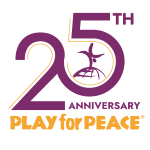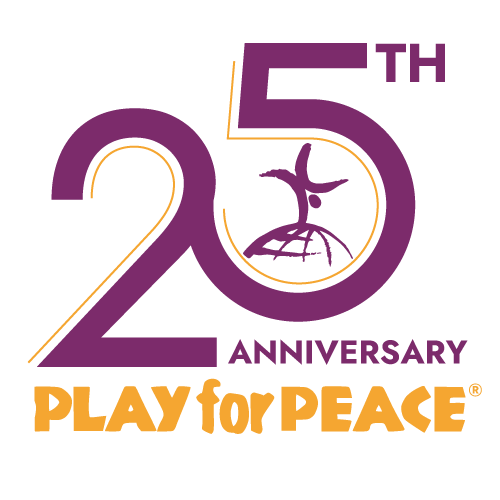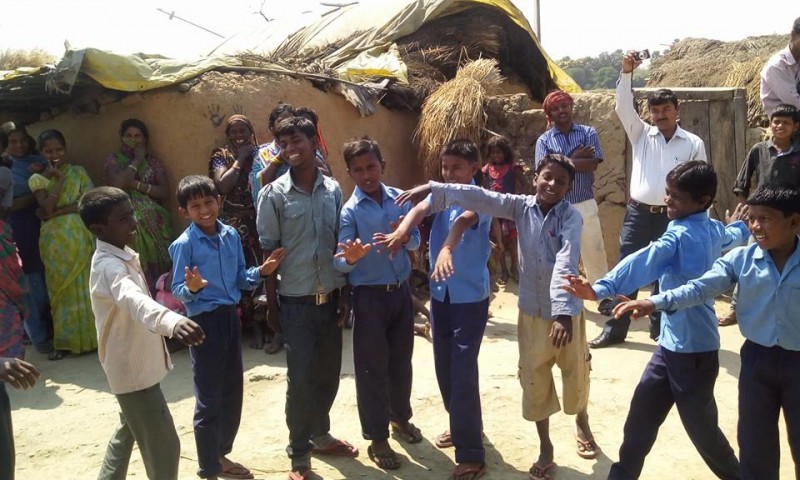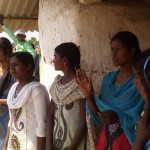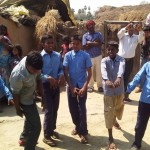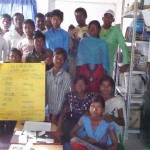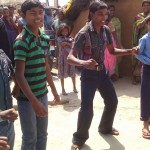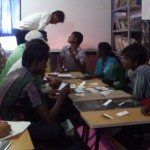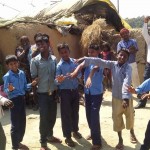Very quickly our friendships deepened. Due to Play for Peace, children started supporting each other.
We left Delhi and took an overnight train to Bihar, one of the most underdeveloped states in India with the highest rates of poverty and illiteracy. Arriving at 7 am, stopping only to drop off our bags at the guest house before hopping in a car for the hour-and-a-half trip from Patna, the capital of Bihar, to Dhanarua, a village of mud-packed structures, cows, pigs, and a powerful group of teenagers leading their community to change. The youth leaders all are from the "lowest caste" in India, rejected by most in society and living in extreme conditions, one-room houses with little electricity or running water. One of my goals in coming to India was to pilot a new research component that explores the individual and community impact of Play for Peace.
Our process was first tested in Guatemala with encouraging results, but I still wasn't prepared for the excitement that this group had in reflecting together on their Play for Peace experience. The question we asked them was "What changes have you experienced because of Play for Peace?" First, they listed examples or and thoughts on sticky notes individually then grouped them into themes as a group. Here are a few of the individual comments;
Through Play for Peace I have enrolled 35 dropout children in school. All children in our village our now enrolled in school! Even the parents have benefited from Play for Peace and their knowledge has increased too. Socially excluded students from different Dalit castes do Play for Peace sessions and became closer.
After much discussion (over two hours!) and a detailed review of each sticky note they created 12 main themes to describe the changes in themselves and their community due to Play for Peace; hope, learning, leadership, school, awareness, relationships, fun, less discrimination, knowledge, no hesitation. These are the children and youth their mothers say weren't going to school because they worked in the fields or spent their time gambling and stealing. They are also the same youth who built a center with their own hands in the middle of their village, lobbying for electricity for months so that they could study there at night. This simple question uncovered a powerful story. Thank you for listening to their answer. The power of this group speaks to the impact of Play for Peace but also of our partner the Center for Social Equity and Inclusion who has nourished the development of the youth since the beginning.
